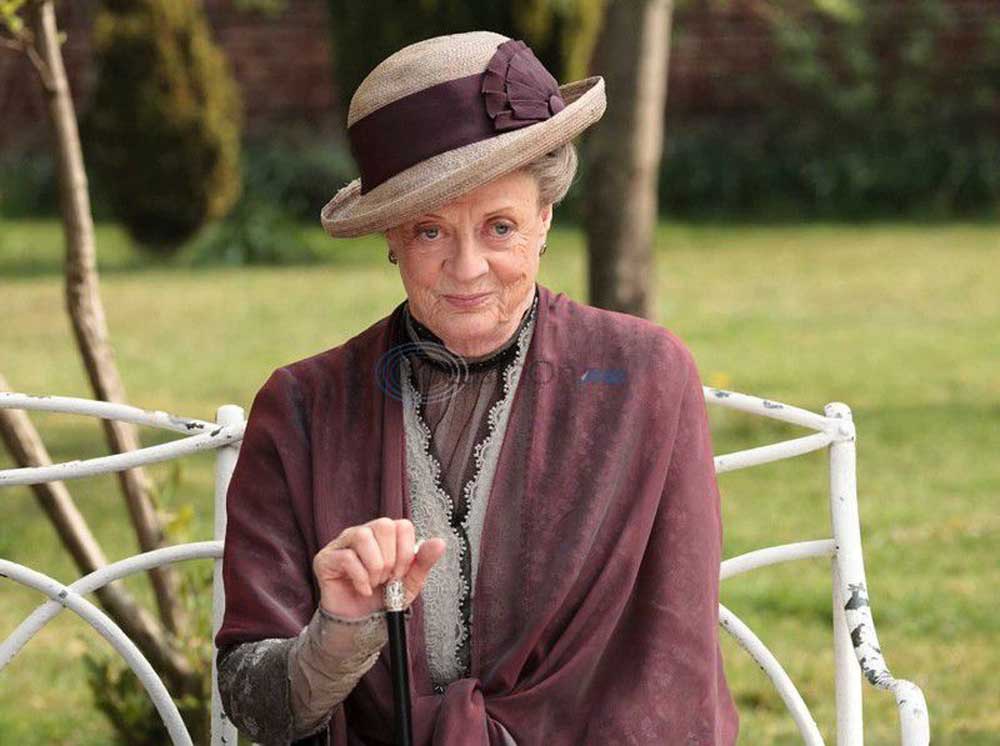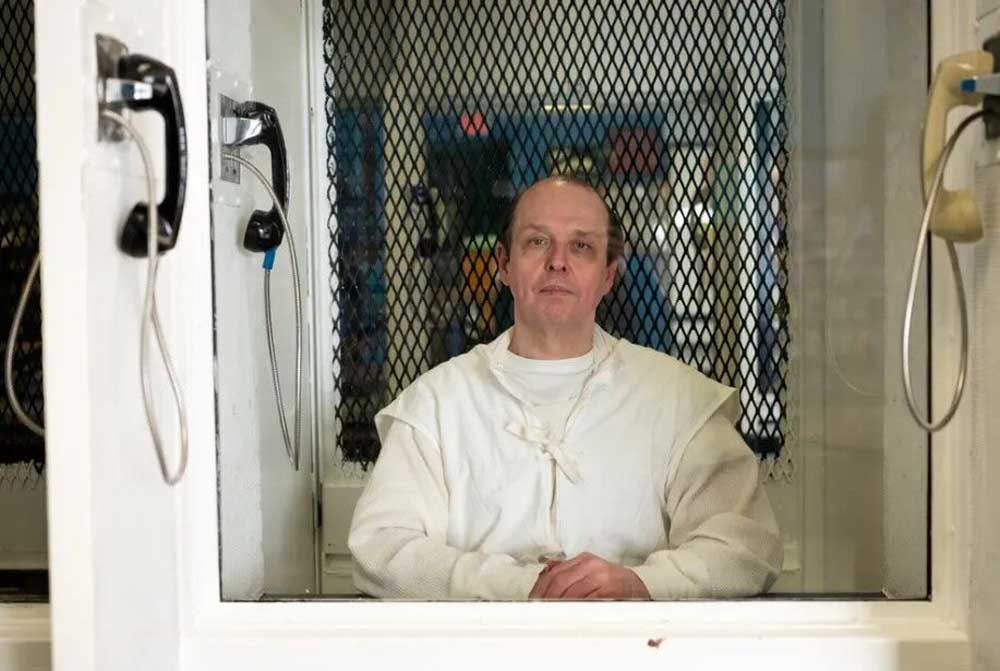‘Downton Abbey’ and conservatism
Published 6:40 am Wednesday, January 27, 2016

- Image 1/11 In this image released by PBS, Maggie Smith as the Dowager Countess Grantham, is shown in a scene from the second season on "Downton Abbey." The 78-year-old actress, who portrays Lady Grantham in the popular PBS series, told Â60 Minutes that she hasn't watched the drama because doing so would only make her agonize over her performance. She said she may watch it someday. (AP Photo/PBS, Carnival Film & Television Limited 2011 for MASTERPIECE, Nick Briggs)
Conservatism has found its new champion – new, that is, for the 1920s. In a recent episode of “Downton Abbey,” Violet, the Dowager Countess of Grantham extolled the virtues of what we now call conservatism.
“For years I’ve watched governments take control of our lives, and their argument is always the same – fewer costs, greater efficiency,” she said. “But the result is the same, too. Less control by the people, more control by the state until the individual’s own wishes count for nothing. That is what I consider my duty to resist … The point of a so-called great family is to protect our freedoms. That is why the barons made King John sign Magna Carta.”
Trending
She’s a fictional character, of course, but she has a point.
But as David Boaz of the Cato Institute points out, the Dowager Countess is no conservative – at least as we use the term.
“The Dowager Countess is not a libertarian, nor a liberal, but a reactionary aristocrat,” Boaz noted. “Still, libertarian ideas crop up wherever people feel their liberties being infringed. And such ideas were being enunciated by genuine liberals in that era.”
British journalist G.K. Chesterton was writing at the time “Downton Abbey” is set; were the characters real, they no doubt would have read his work. He was speaking out against the same forces the Dowager Countess rejected. The Fabian Society was working to make socialism acceptable – and it was well on its way in the 1920s, after establishing the British Labour Party in 1900.
Like Violet, Chesterton challenged the socialist model.
“If anything important is sold, the Government has sold it; if anything important is given, the Government has given it; if anything important is even tolerated, the Government is responsible for tolerating it,” Chesterton wrote in his 1926 book “The Outline of Sanity.” “This is the very reverse of anarchy; it is an extreme enthusiasm for authority.”
Trending
Though the Dowager Countess felt it was her duty to resist, Chesterton pointed out that resistance cannot be tolerated by a socialist government.
“Opposition and rebellion depend on property and liberty,” Chesterton wrote. “The critic of the State can only exist where a religious sense of right protects his claims to his own bow and spear; or at least, to his own pen or his own printing press.”
Are these arguments sounding familiar?
“It is the whole point of Socialism, the whole case for Socialism, that unless all printing presses are Government printing presses, printers may be oppressed,” he wrote. “Everything is staked on the State’s justice; it is putting all the eggs in one basket. Many of them will be rotten eggs; but even then you will not be allowed to use them at political elections.”
In “Downton Abbey,” the Dowager Countess is chided by her daughter, who points out it’s not 1215 (the year the Magna Carta was signed) anymore.
Violet responds, “Your great-grandchildren won’t thank you when the state is all-powerful because we didn’t fight.”
This much is true: Conservatism needs champions – in every age.






